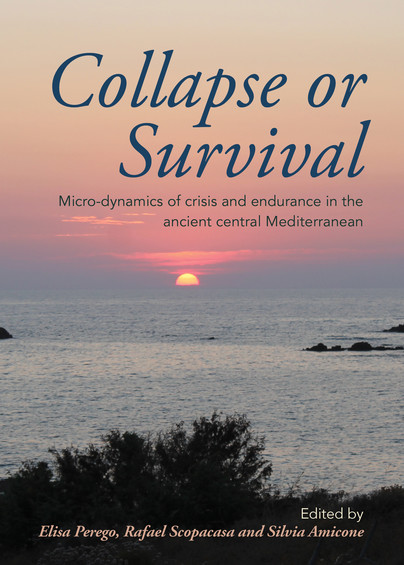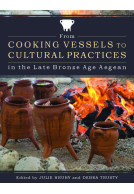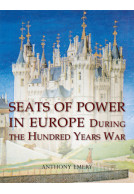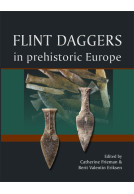Google Books previews are unavailable because you have chosen to turn off third party cookies for enhanced content. Visit our cookies page to review your cookie settings.
Collapse or Survival (Hardback)
Micro-dynamics of crisis and endurance in the ancient central Mediterranean
Imprint: Oxbow Books
Pages: 208
Illustrations: b/w
ISBN: 9781789251005
Published: 30th September 2019
Script Academic & Professional
Pages: 208
Illustrations: b/w
ISBN: 9781789251005
Published: 30th September 2019
Script Academic & Professional
You'll be £14.00 closer to your next £10.00 credit when you purchase Collapse or Survival. What's this?
+£4.99 UK Delivery or free UK delivery if order is over £40
(click here for international delivery rates)
Order within the next 3 hours, 49 minutes to get your order processed the next working day!
Need a currency converter? Check XE.com for live rates
(click here for international delivery rates)
Order within the next 3 hours, 49 minutes to get your order processed the next working day!
Need a currency converter? Check XE.com for live rates
In the present-day world order, political disintegration, the faltering of economic systems, the controversial and yet dramatic consequences of global warming and pollution, and the spread of poverty and social disruption in Western countries have rendered ‘collapse’ one of the hottest topics in the humanities and social sciences. In the frenetic run for identifying the global causes and large-scale consequences of collapse, however, instances of crisis taking place at the micro-scale are not always explored by scholars addressing these issues in present and past societies, while the ‘voices’ of the marginal/non-élite subjects that might be the main victims of collapse are often silenced in ancient history and archaeology.
Within this framework Collapse or Survival explores localised phenomena of crisis, unrest and survival in the ancient Mediterranean, with a focus on the first millennium BC. In a time span characterised by unprecedented high levels of dynamism, mobility and social change throughout that region, the area selected for analysis represents a unique convergence point where states rise and fall, long-distance trade networks develop and disintegrate, and patterns of human mobility catalyse cultural change at different rates. The central Mediterranean also comprises a wealth of recently excavated and highly contextualised material evidence, casting new light on the agency of individuals and groups who endeavoured to cope with crisis situations in different geographical and temporal settings.
Contributors provide novel definitions of ‘collapse’ and reconsider notions of crisis and social change by taking a broader perspective that is not necessarily centred on élites. Individual chapters analyse how both high-status and non-élite social agents responded to socio-political rupture, unrest, depopulation, economic crisis, the disintegration of kinship systems, interruption in long-term trade networks, and destruction in war.
Other titles in Oxbow Books...















